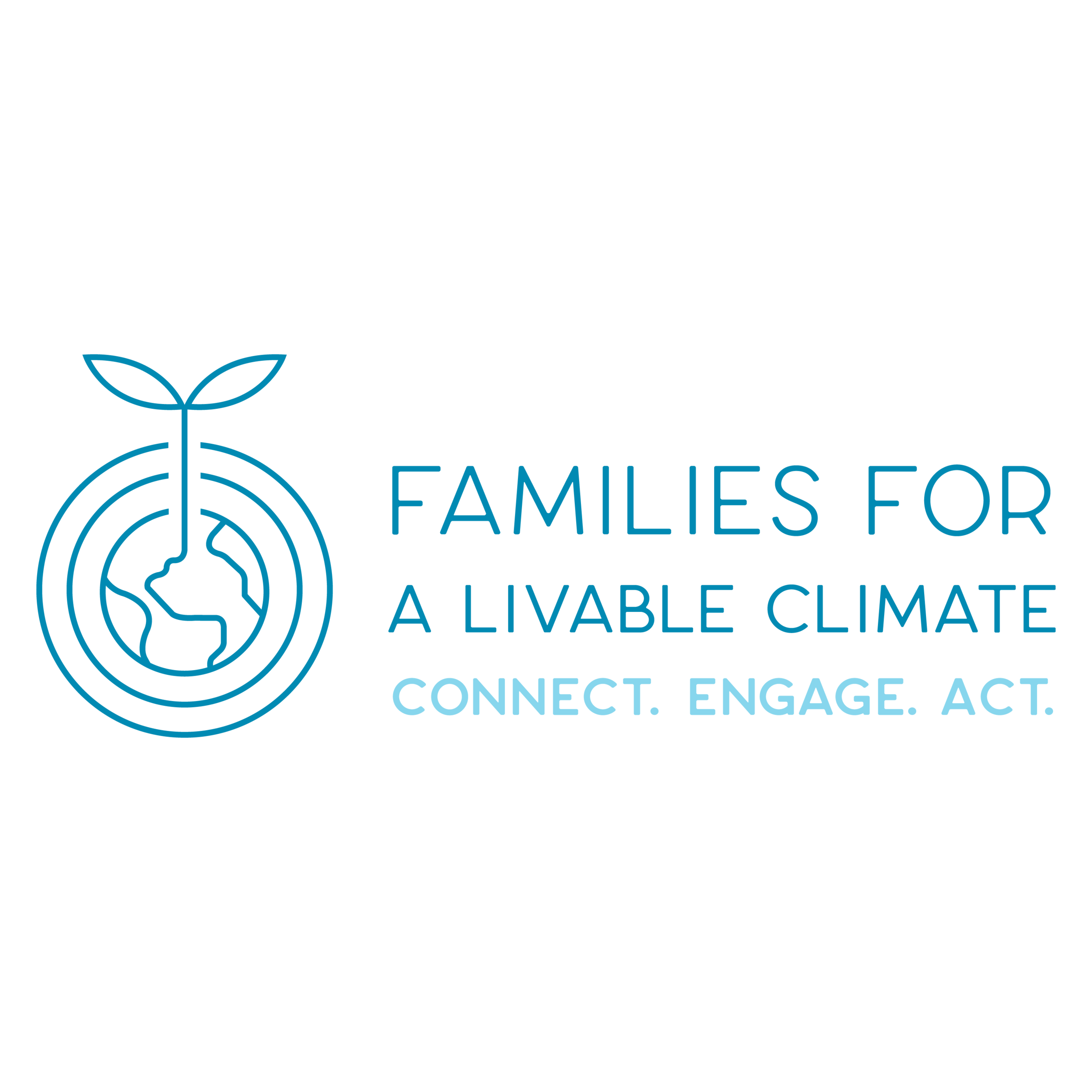Action Alert: Comment on the EPA's New Carbon Emissions Standards
Submit comments to the EPA by August 8 to support newly proposed standards that strongly curtail carbon emissions from coal-fired power plants.
The U.S. Environmental Protection Agency (EPA) is proposing a new set of standards to cut emissions from power plants such as the Colstrip Power Plant in Colstrip, Montana, which is one of the largest carbon dioxide emitters in the nation. If adopted, these regulations would cut 617 million tons of carbon pollution and would force energy providers to move to cheaper, cleaner energy - for which the recently passed Inflation Reduction Act provides billions of dollars in funding.
Currently, NorthWestern Energy and Colstrip’s other owners are planning to keep the plants open until 2045. These new standards would force owners to either:
Ignore the EPA and keep operating Colstrip 3 and 4 – pouring out 10 million tons of CO2 a year – until the EPA closes them down on January 1, 2032,
Build carbon capture and sequestration equipment to capture 90 percent of carbon emissions by 2035,
Build “co-generating” technology that blends 60 percent coal with 40 percent natural gas and close between 2038 and 2040, or
Cut production of electricity to 20 percent of full capacity and close by 2035.
To protect our health, our families, and our communities, we must immediately cut emissions and transition to clean and affordable energy. We cannot afford to wait until 2045 (or beyond), as NorthWestern Energy would have us do.
Comment today in support of these new emissions standards and push our energy providers to transition to clean energy NOW!
Instructions for submitting comments:
Address your email to a-and-r-docket@epa.gov with the subject line “Docket ID No. EPA–HQ–OAR–2023–0072.”
Tell the EPA who you are and where you live.
Tell them you support the “New Source Performance Standards for Greenhouse Gas Emissions from Existing Fossil Fuel-Fired Electric Generating Units.”
Tell them why. Comments that include personal stories and experiences will be the most effective. For instance, you can briefly describe climate impacts you are experiencing and what cutting emissions would mean for you and your family.
Finally, you might suggest changes in the regulations. For instance, that the EPA should speed up enforcement and close non-compliant power plants earlier (by 2025 rather than 2032).

